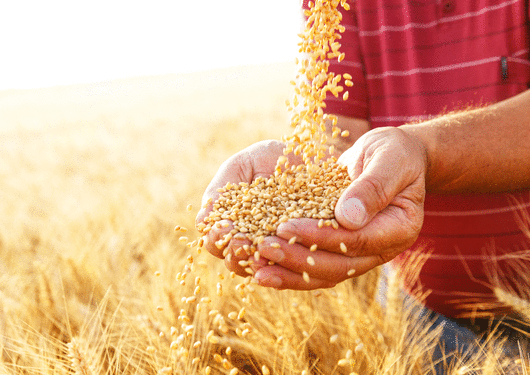
Visit Our Sponsors |
|
|
|
|
|
|
|
|
|
|
|
|
|
|
|
|
|
|
|
|
|
|
|
|
|
|
|
|
|
|
|
|
|
|
|
|
|
|

Margins for handling the big grain crops have sunk as farmers grew more than the world needs for four years. That’s led firms like Germany's BayWa AG to seek out niches such as tomatoes and organic grains where returns are higher. Others turned to costlier processed food ingredients or gluten-free products.
"The general trading environment for agricultural commodities is rather difficult," said Jean-Francois Lambert, the founder and managing partner of consultant Lambert Commodities. "It has been the case for two years and it looks like this year may be as challenging."
That bodes ill for traders who grew fat in the boom years last decade, when prices rose on demand from a world population growing in size and wealth.
While the biggest firms trading huge grain market volumes may see limited effect on their bottom lines from niche markets, small and mid-sized traders can benefit more. They’ve jumped into lesser-known products like quinoa or organic crops with better margins and demand from health-conscious shoppers.
RELATED CONTENT
RELATED VIDEOS
Timely, incisive articles delivered directly to your inbox.






